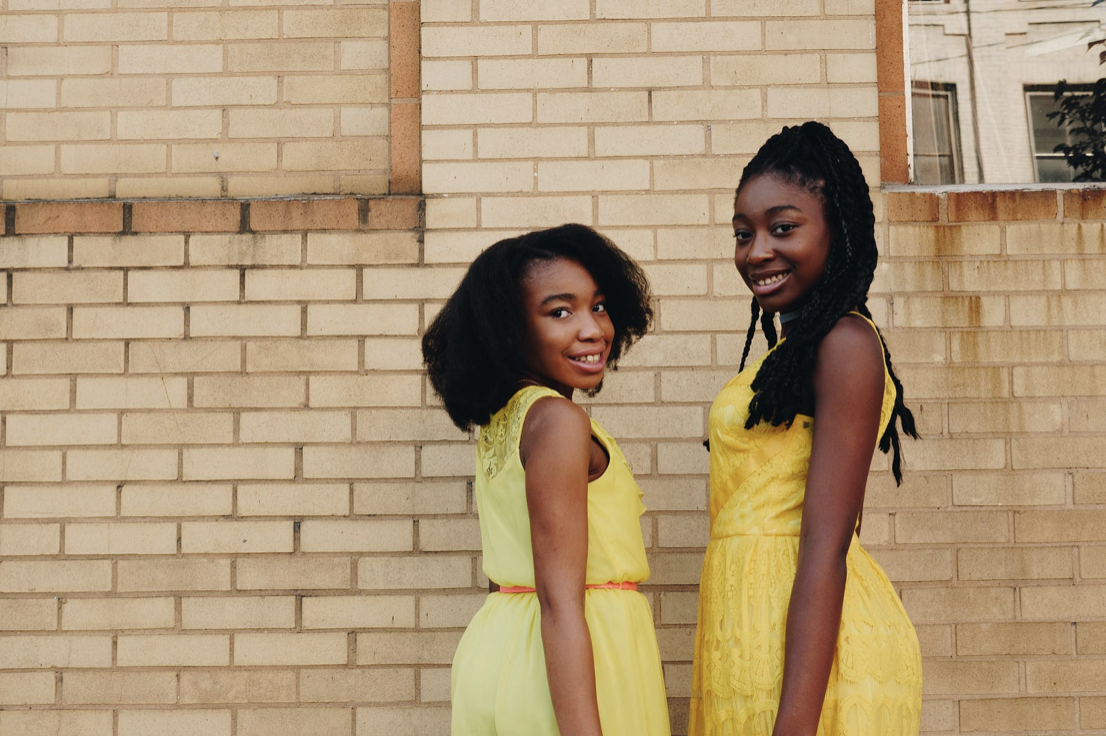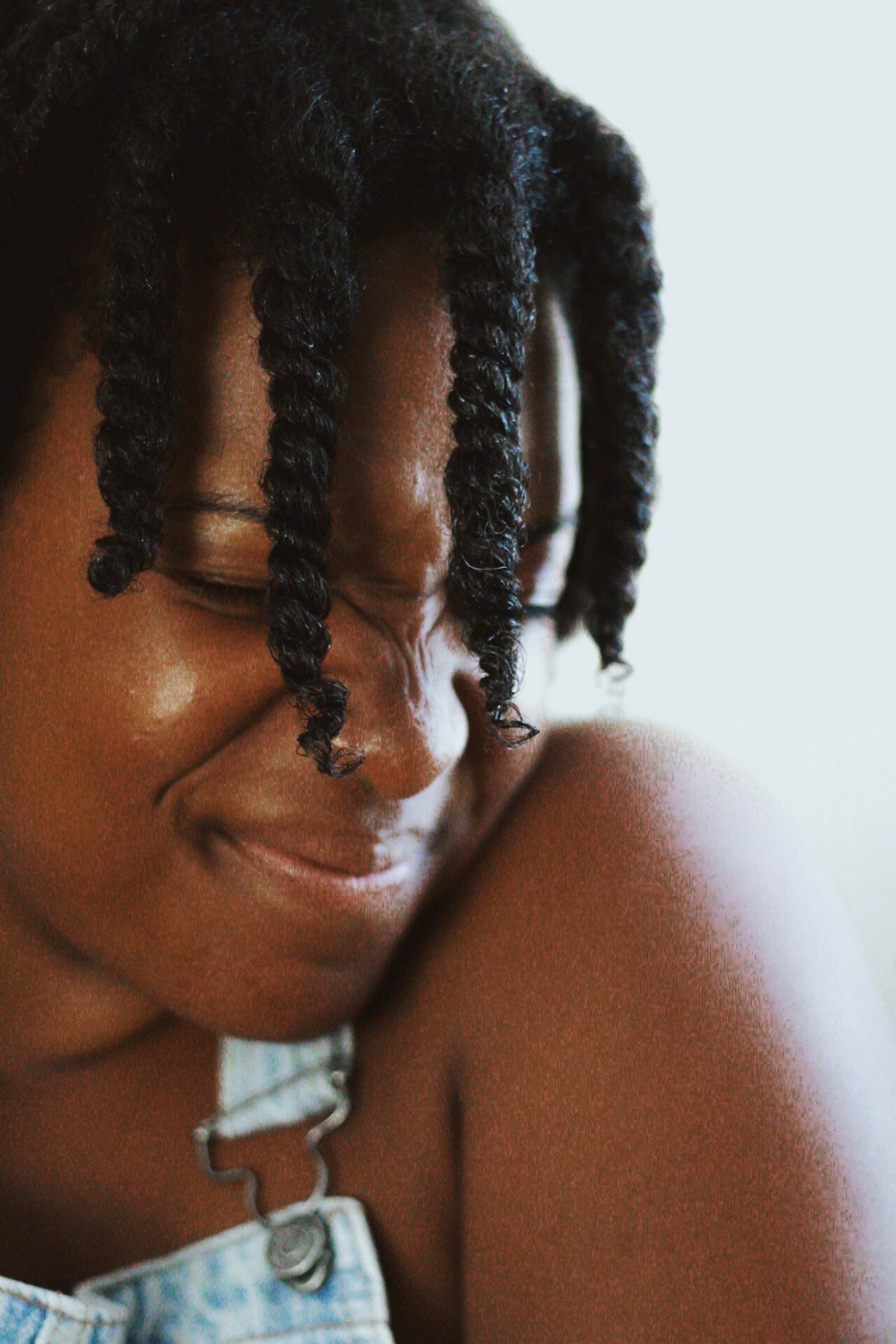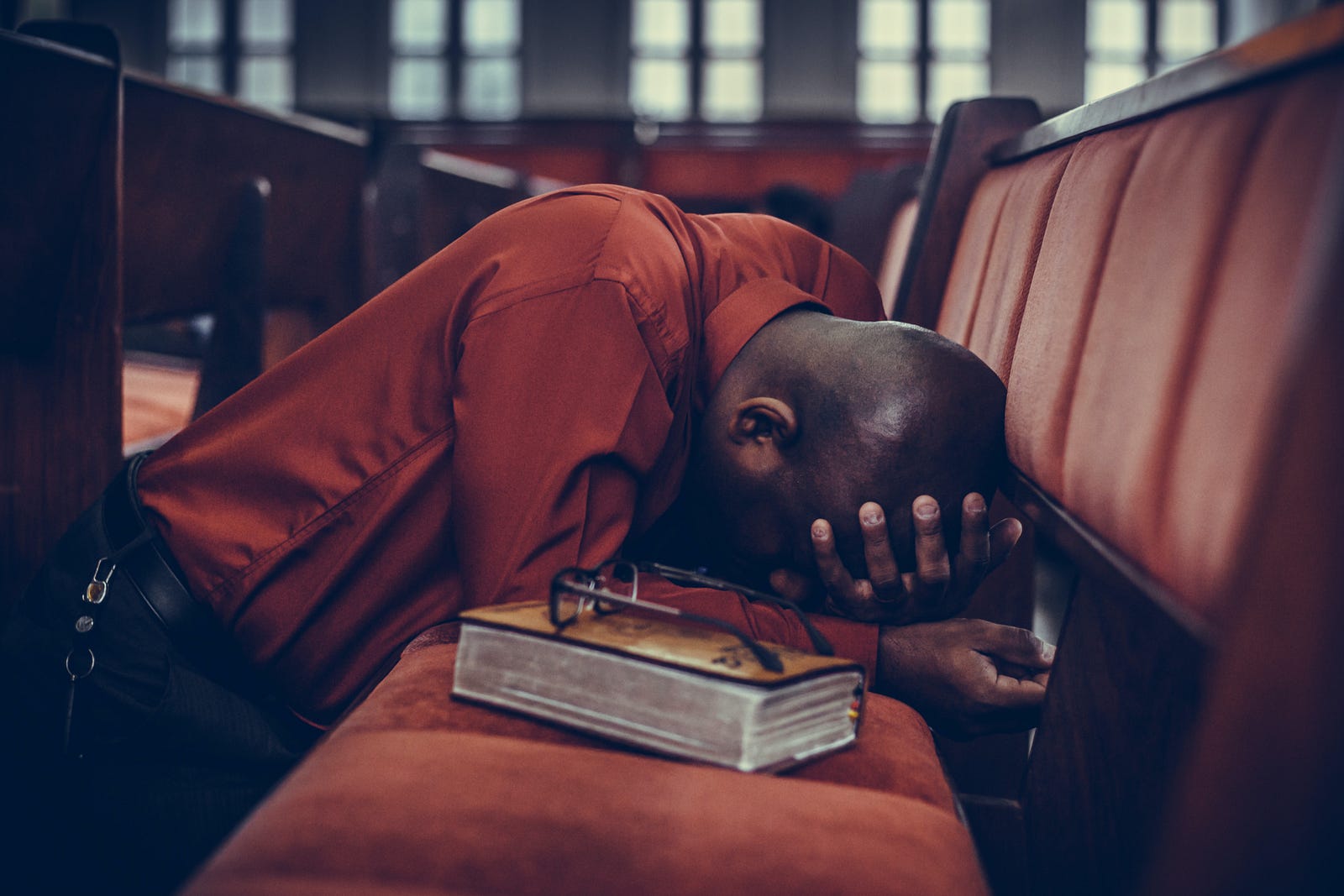OHF Weekly - Do Old Wounds Ever Heal?
|
Older messages
Workers Like it When Their Employers Talk about DEI
Sunday, September 24, 2023
Policies that foster diversity, equity, and inclusion have been shown to have many positive operational impacts — including leading to more worker engagement. OHF WEEKLY Workers Like it When Their
Controlling Access to Success
Thursday, September 21, 2023
Some people say “indoctrination” is not what schools should do. Yet, going back to the first schools in Boston, Protestants were unwaveringly clear: that's exactly what schools do! OHF WEEKLY
I Am Not Your Diversity
Sunday, September 17, 2023
What is diversity? This is a question that I have seen answered in two different ways, depending on who is asked. OHF WEEKLY I Am Not Your Diversity By Terra Kestrel • 15 Sept 2023 • Comment View in
The Redux: If Not Now, White Folks, When?
Sunday, September 10, 2023
OHF WEEKLY, Vol. 5 No. 34: Editor's letter on allyship, racial equity, racism, and inclusion; plus a quote by Iyanla Vanzant. OHF WEEKLY The Redux: If Not Now, White Folks, When? By The OHF Weekly
10 Steps to Being an Ally to Marginalized Groups
Saturday, September 2, 2023
OHF WEEKLY, Vol. 5 No. 32: Editor's Letter, “Remember When You Couldn't Call Out a Racist? I Do.”, and a quote by Oprah Winfrey. OHF WEEKLY 10 Steps to Being an Ally to Marginalized Groups By
You Might Also Like
Meghan Markle Nailed The Easy Spring Outfit Of Our Dreams
Thursday, March 6, 2025
She met up with Serena Williams for a casual lunch date. The Zoe Report Daily The Zoe Report 3.5.2025 Meghan Markle Nailed The Easy Spring Outfit Of Our Dreams (Celebrity) Meghan Markle Nailed The Easy
What I Learned From a 30-Minute Recomp Workout
Wednesday, March 5, 2025
View in Browser Men's Health SHOP MVP EXCLUSIVES SUBSCRIBE What I Learned From a 30-Minute Recomp Workout What I Learned From a 30-Minute Recomp Workout Dr. Pat Davidson's 'Double-Deuce
What People Are Getting Wrong: Measles Myths
Wednesday, March 5, 2025
3 Roth IRA Rules to Know During Tax Season. It turns out that hosting "measles parties" is a bad idea. Not displaying correctly? View this newsletter online. TODAY'S FEATURED STORY What
‘My Friends Abandoned Me When They Had Kids’
Wednesday, March 5, 2025
Today in style, self, culture, and power. The Cut March 5, 2025 ADVICE 'My Friends Abandoned Me When They Had Kids' You need to pick one or two friendships and fight for them. The rest are
Sydney Sweeney Wore A Super Sparkly Dress With Cutouts After The Oscars
Wednesday, March 5, 2025
Plus, the hilarious Chelsea Handler, your daily horoscope, and more. Mar. 5, 2025 Bustle Daily Chelsea Handler shares four of her favorite books. Bustle ONE NIGHTSTAND Why Chelsea Handler Has No
The ultimate guide to instant noodles
Wednesday, March 5, 2025
Inside the closure of LA institution The Original Pantry Cafe
Save the Date for Poetry & the Creative Mind
Wednesday, March 5, 2025
Thursday, April 24, 2025 View this email in your browser Twitter Facebook Website Copyright © 2025 The Academy of American Poets, All rights reserved. You are receiving this email because you opted in
Is This The Best Serum For Dark Spots Yet?
Wednesday, March 5, 2025
According to Clinique, yes. Mar. 5, 2025 Bustle Daily Clinique's New Clinical Dark Spot Serum Is A New Era In Even Skin Presented by Clinique Clinique's New Clinical Dark Spot Serum Is A New
Win the ultimate bedroom makeover! Enter now!
Wednesday, March 5, 2025
The Sleep More Sweepstakes
Urbanism And Lent
Wednesday, March 5, 2025
Pleasurable things can also be constructive ͏ ͏ ͏ ͏ ͏ ͏ ͏ ͏ ͏ ͏ ͏ ͏ ͏ ͏ ͏ ͏ ͏ ͏ ͏ ͏ ͏ ͏ ͏ ͏ ͏ ͏ ͏ ͏ ͏ ͏ ͏ ͏ ͏ ͏ ͏ ͏ ͏ ͏ ͏ ͏ ͏ ͏ ͏ ͏ ͏ ͏ ͏ ͏ ͏ ͏ ͏ ͏ ͏ ͏ ͏ ͏ ͏ ͏ ͏ ͏ ͏ ͏ ͏ ͏ ͏ ͏ ͏ ͏ ͏ ͏ ͏ ͏ ͏ ͏ ͏ ͏ ͏ ͏ ͏


